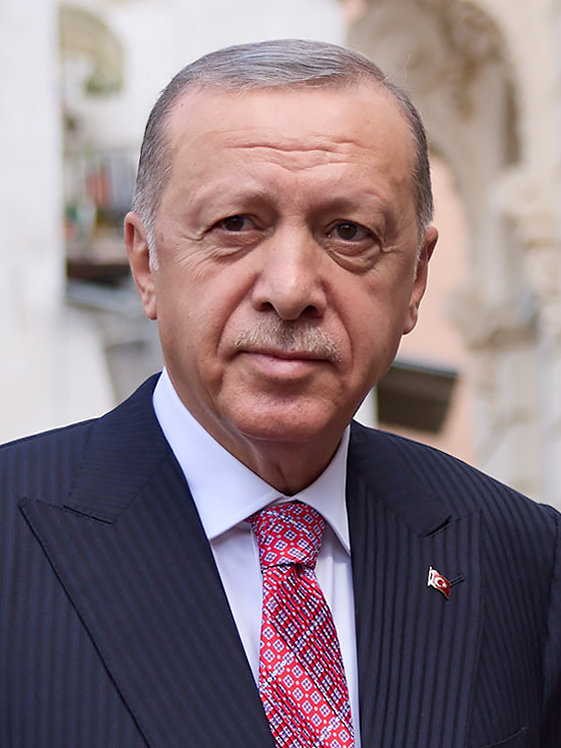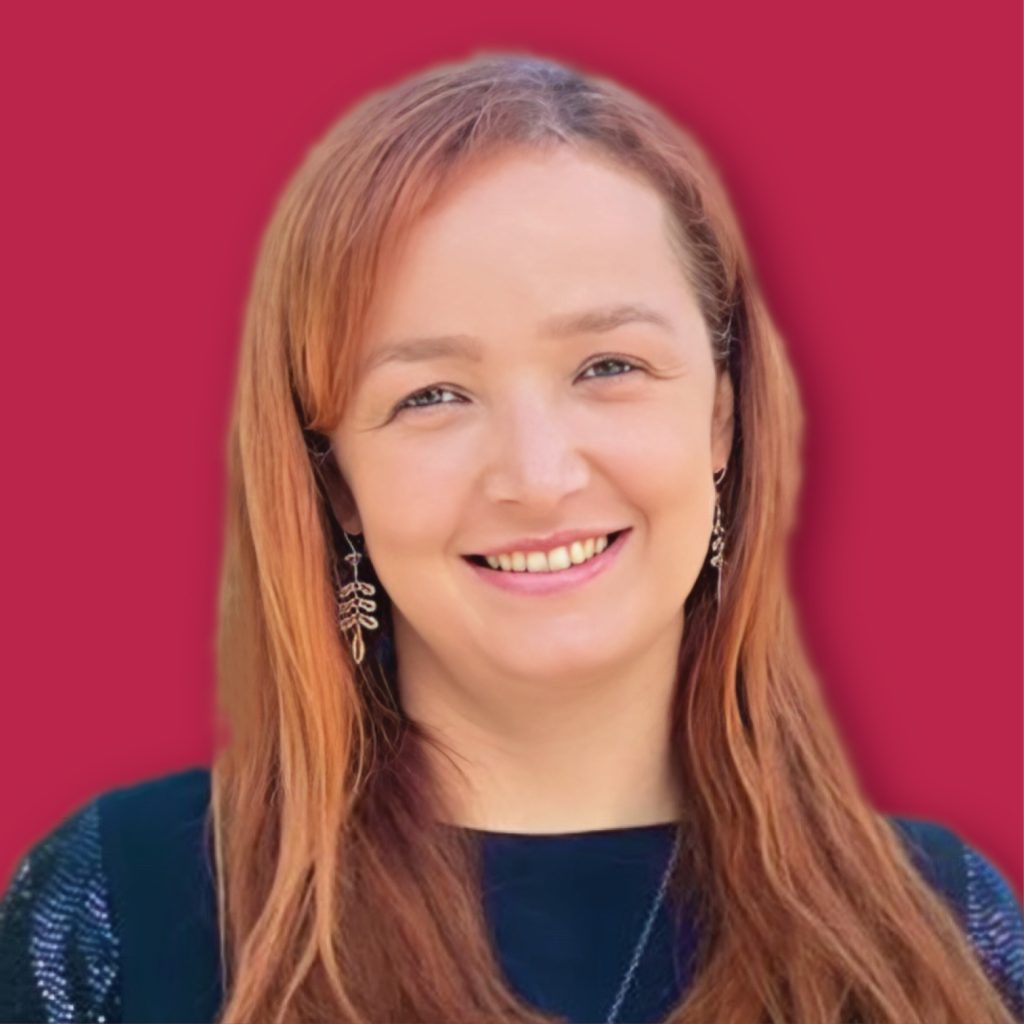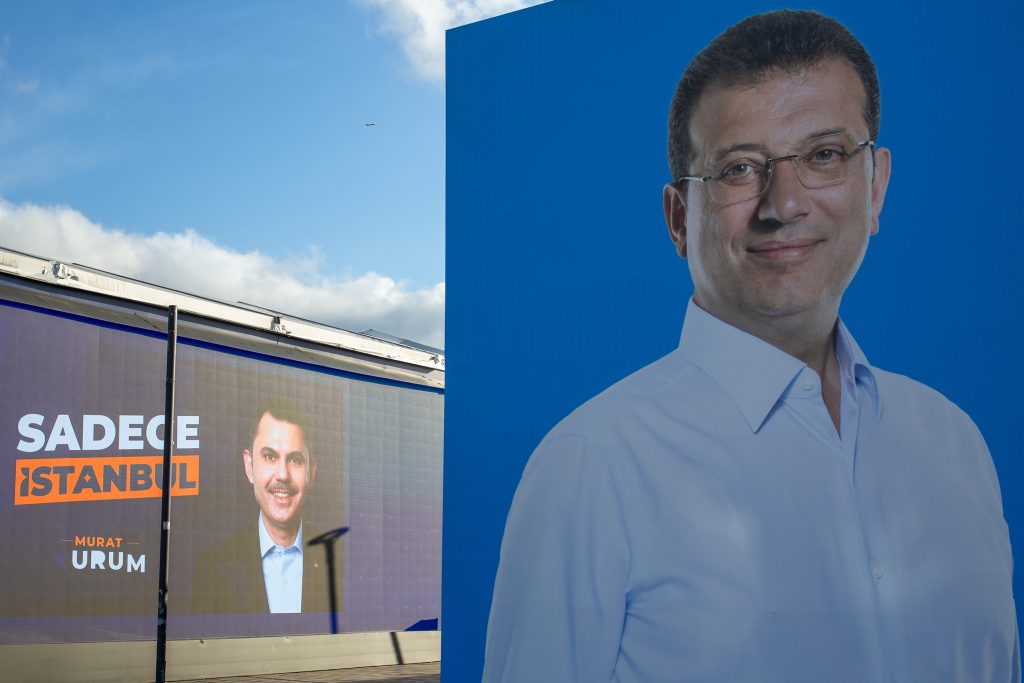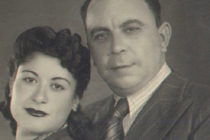On Sunday, Turks will head to the polls to determine who their local councils will be run by. An estimated 63 million people are eligible to vote, electing mayors and councillors across 81 Türkiye’s provinces.
Some are viewing these elections as a barometer on President Recep Tayyip Erdoğan’s popularity as the veteran politician leads his Justice and Welfare Party (AKP) for its fourteenth national election since the AKP came into power in 2002.
Under the current constitution, this year’s Local Elections would be Erdoğan’s last as he is obliged to step down as president in four years’ time unless there is a constitutional amendment allowing him to continue to run for office.
Erdoğan’s and the AKP’s aura of invincibility was first shattered in the June 2015 General Election when the Opposition denied the AKP, then headed by Prime Minister Ahmet Davutoğlu, a majority government. A re-run in November saw AKP regain its majority and Davutoğlu was forced out six months later, with Erdoğan restored as AKP leader in 2017, breaking with tradition that the Turkish president should remain politically neutral.
In 2019, Erdoğan’s grip on Turkish politics was dealt a fresh electoral blow in the Local Elections when AKP Mayoral candidates were defeated in multiple cities across Türkiye, including Ankara and Istanbul.
At that time, several of the leading opposition parties had come together to fight against the AKP with significant electoral success. The campaigns of Ekrem İmamoğlu in Istanbul and Mansur Yavaş in Ankara in particular were aided by the Nation Alliance, where the Republican People’s Party (CHP) joined forces with the nationalist Good Party (İyi), while the pro-Kurdish People’s Democratic Party (HDP) unofficially supported by failing to stand candidates against them in key cities such as Istanbul.
Lack of unity among Opposition could boost AKP
There will be no such unity heading into Sunday’s elections with last year’s Table of Six shattered after they failed to defeat Erdoğan and the AKP for either the presidency or for a majority in the Turkish Parliament.
A total of 49 candidates, including the incumbent İmamoğlu, are vying to be Mayor of Istanbul, while 24, including Mansur Yavaş, fight it out for Ankara.
The disarray among his opponents gives Erdoğan a much needed boost as he sets his sights on regaining Istanbul, where he first rose to prominence as Mayor in 1994, and the other major cities his party lost control of in 2019.
İmamoğlu – a potential future presidential rival to Erdoğan – faces a strong challenge from AKP’s Murat Kurum. The former Justice Minister has run a surprisingly good campaign in Türkiye’s biggest city, home to over 16 million people where traffic and affordable housing remain key issues.
Kurdish votes could again be key to the outcome of the Mayoral race in Istanbul. An estimated 4 million Kurds live in the city, and while HDP’s successor DEM is fielding a candidate, it is thought most Kurds will put aside ethnic loyalty to vote for İmamoğlu again and keep the AKP out.
From cost-of-living crisis to Gaza War, AKP popularity on wane
Yet the political landscape is anything but plain sailing for the 70-year-old president. After two decades in power, his and the AKP’s electoral popularity continues to slide.

At last year’s Presidential Elections Erdoğan faced a run-off for the first time, whilst his party suffered its lowest vote share at a General Election since 2002 – just 35.63%.
AKP had to resort to bus in students and local workers for its major rallies this month, as the expected popular support failed to materialise with numbers half that for last year’s rallies.
Most voters hold the AKP responsible for the cost-of-living crisis, where inflation remains at 70%. Pensioners in particular have suffered as their pensions lose value, which could cost AKP dear in terms of votes. Concerns also continue to grow about the country’s slide into autocracy and the misuse of official positions to award contracts awarded to AKP and its allies’ cronies.
On the religious right, many pious Turks are deeply unhappy with AKP’s handling of the Gaza War and that the Turkish government has permitted trade to continue as normal with Israel. It’s already cost the AKP the support of the Islamist New Welfare Party, which has broken away from the People’s Alliance of 2023 after AKP refused to back its hardline stance against Israel.
Turnout is traditionally high in Turkish elections, but the disillusionment with political parties on all sides could see voters stay at home in greater numbers in 2024.
Far too few women on the ballot
Another source of disappointment for these elections is the lack of female candidates. The ruling AKP have managed to put four women as provincial mayoral candidates on Sunday, while the main Opposition CHP are fielding double that with eight mayoral candidates.

Only the pro-Kurdish DEM Party has broken into double digits, fielding 38 women as part of its co-mayoral candidate policy.
The issue was highlighted by the Women for Equality Platform (EŞİK), which criticised the lack of female participation and representation in Turkiye, where women have had the right to vote and stand for election since 1930. Yet only 150 women have been elected for local office in the 19 Local Elections that have taken place in the past 94 years.
EŞİK spokesperson Özgül Kaptan said “There is no genuine effort for equal representation”, with few parties committed to increasing the number of female candidates. The lack of representation means women’s issues also fail to get the necessary recognition and understanding.
Kaptan gave one example about “A metropolitan mayoral candidate who believes that women-only ‘pink’ buses are a good campaign pledge to prevent sexual harassment on public transport.” Yet, as Kaptan notes, “You cannot solve a problem without addressing the root cause.”
Another EŞİK activist, Süheyla Doğan was another who put herself forward as a prospective candidate Çanakkale province. The picture was repeated across the country, but few were selected.
Doğan slammed CHP for failing to adhere to its own quotas for women. “The CHP did not abide by its own 30% [women’s] quota rule,” she said.
The picture is worse in rural areas. Currently, only 124 of Turkiye’s 18,000 village mukhtars are women. Ayşe Kaşıkırık, women’s representation advocate and founder of the Global Equality and Inclusion Network, said, “In total, women constituted 2.24% of Turkey’s 50,000 mukhtars.”
Results
Polling stations opened at 7 am in eastern Türkiye and 8am elsewhere. The polls will close at 5pm local time today, with first results expected by 10pm local time.
Main photo, top, showing election campaign posters for Istanbul Metropolitan Municipality ft Mayor Ekrem Imamoglu (right) and AKP Mayoral candidate Murat Kurum in Uskudar Istanbul, Turkiye, 22 March 2024. Photo © Tolga Ildun / Shutterstock





